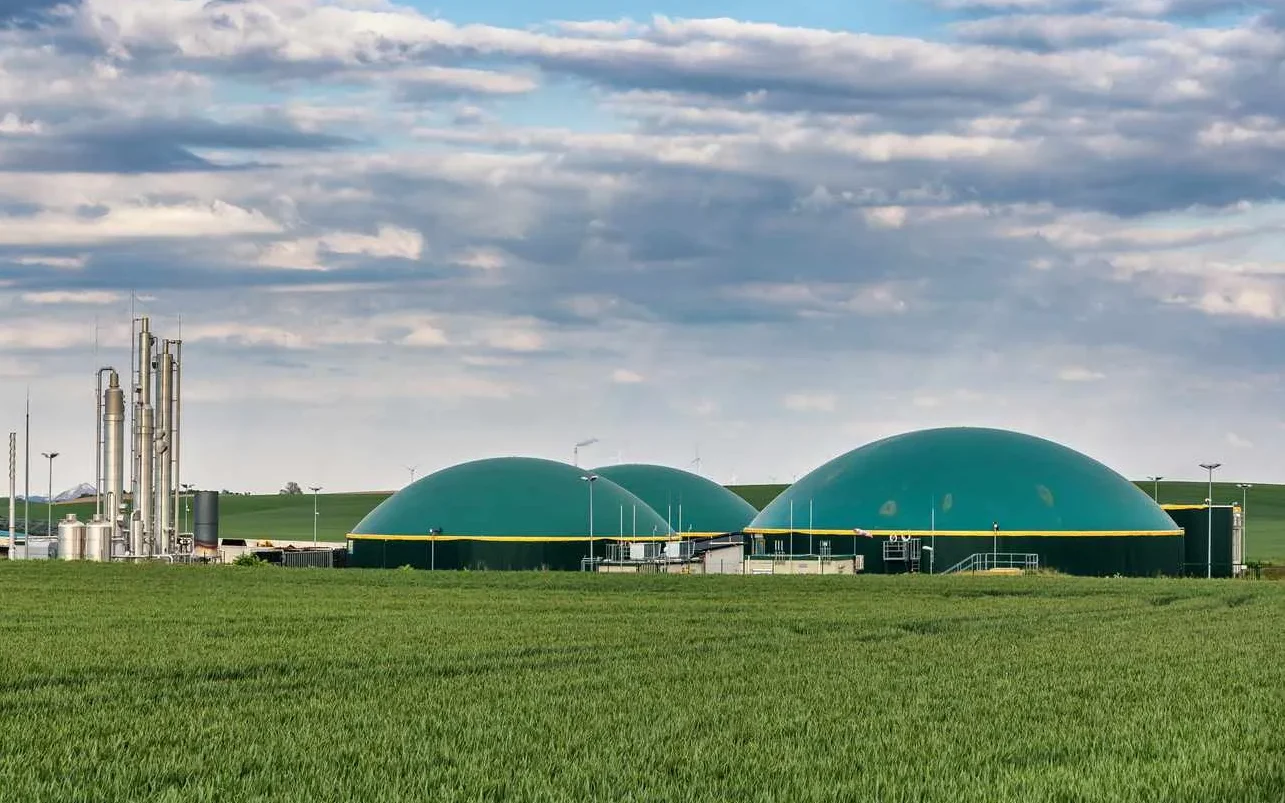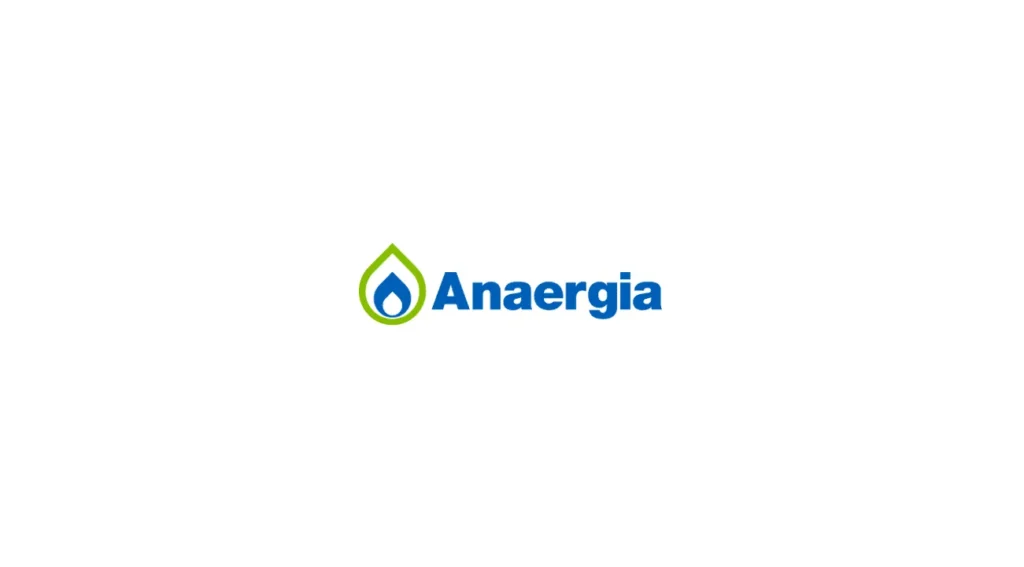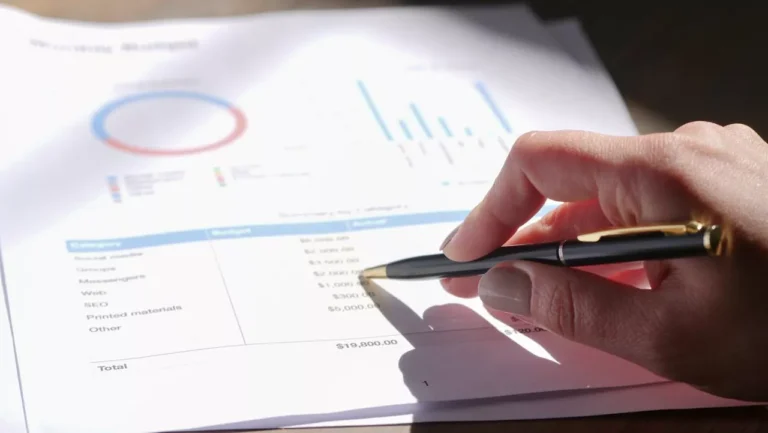
Anaergia to Expand and Modernize Moglia Biogas Facility for Bioenerys in Northern Italy
Anaergia Inc. (“Anaergia” or the “Company”), a global leader in the conversion of organic waste to renewable energy, has announced a major strategic agreement through its Italian subsidiary, Anaergia S.r.l., to transform and expand the existing Moglia anaerobic digestion (AD) facility in northern Italy. The project will be executed in partnership with a subsidiary of Bioenerys, a company focused on sustainable agricultural energy solutions.
The Moglia facility, currently operated by Bioenerys, plays a pivotal role in the regional circular economy by processing agricultural residues and converting them into renewable energy. With the new agreement in place, Anaergia will significantly increase the plant’s throughput capacity and upgrade its technological systems to enhance biomethane production. Once completed, the transformation will more than double the volume of biomethane injected into Italy’s national gas grid from this site.
This project is not only a testament to the growing importance of biogas and biomethane in the European Union’s energy transition strategy, but it also showcases Anaergia’s role in supporting the circular economy and helping decarbonize hard-to-abate sectors, including agriculture and transportation.
Details of the Upgrade and Expansion
The scope of work includes the redesign and engineering of core systems to expand the plant’s ability to process higher volumes of agricultural residues, which may include crop waste, manure, and other farm-based organic materials. These residues are rich in organic content and ideal feedstock for anaerobic digestion, a process that breaks down organic material in the absence of oxygen, producing biogas—a mixture of methane and carbon dioxide.
Anaergia’s technology will enable the biogas to be upgraded to biomethane, a renewable and pipeline-quality natural gas substitute. The improved facility will include proprietary systems for feedstock handling, digestion, biogas upgrading, and possibly nutrient recovery.
Anaergia expects the modernization to be completed by the end of 2026. The Company anticipates revenue of approximately C$11 million from this project, which reflects not only engineering and construction work but also the integration of its advanced technologies and expertise in anaerobic digestion and biogas upgrading.
Strategic Significance
The upgraded Moglia plant represents a strategic milestone for both Bioenerys and Anaergia. For Bioenerys, the project positions its Agri unit—focused specifically on agricultural residues—as a regional leader in sustainable energy production from farming waste. For Anaergia, the project exemplifies its capacity to deliver complex, high-value renewable energy solutions across Europe and beyond.
“This collaboration is about more than just increasing output; it’s about optimizing performance, reducing emissions, and supporting Italy’s transition to cleaner energy,” said Assaf Onn, CEO of Anaergia. “With our integrated technologies and operational experience, we are helping Bioenerys turn agricultural residues that would otherwise emit methane into a valuable source of clean energy.”
Anaergia’s modular and scalable approach to plant upgrades enables flexibility in processing a variety of feedstocks and allows adaptation to changing policy and market dynamics—such as the growing demand for renewable natural gas (RNG) in transportation and industrial use.
Driving the Agricultural Circular Economy
Anaergia’s involvement also brings broader sustainability benefits. Anaerobic digestion not only reduces methane emissions from uncontrolled decomposition of organic residues but also generates digestate, a nutrient-rich byproduct that can be used as a sustainable fertilizer, reducing the need for synthetic inputs in agriculture.
Andrea Sgorbini, CEO of Bioenerys’ Agri unit, highlighted the project’s value in enabling local farms to participate in the energy transition. “We are pleased to be utilizing the world’s best available technological systems and expertise to optimize the operations of our Moglia plant,” said Sgorbini. “With this expansion and upgrading, Bioenerys will become an even more significant solutions provider to farmers and other generators of agricultural organic residues, and we will also become a larger generator of renewable energy. This is a win for the environment, the farming community, and for Italy’s energy security.”
The project also aligns with the EU’s broader energy and climate goals, particularly those articulated in the “Fit for 55” package and the REPowerEU strategy, which emphasize the scaling of sustainable biomethane production to displace fossil fuels and strengthen energy independence.

Anaergia’s European Growth Trajectory
This latest announcement is consistent with Anaergia’s strategic focus on expanding its footprint across Europe, particularly in markets with robust policy support for biomethane production and circular economy initiatives. Italy is one of the continent’s most promising markets for biogas and biomethane, given its strong agricultural base, supportive subsidies, and targets for decarbonizing transport and heating sectors.
Anaergia has already delivered several turnkey and technology-supplied projects across Italy, Spain, Germany, and other EU countries. The Company is known for its complete suite of solutions that convert virtually all types of organic waste—including municipal solid waste, food waste, and agricultural residues—into clean energy, fertilizers, and clean water.
“This project highlights Anaergia’s ability to provide end-to-end solutions—from design and engineering to commissioning and operations,” added Onn. “We are proud to partner with forward-thinking companies like Bioenerys that are committed to both profitability and environmental stewardship.”
The Future of Biogas and Biomethane in Europe
Europe’s biomethane market is projected to grow substantially over the next decade, fueled by climate targets, energy security concerns, and rising carbon prices. The European Biogas Association estimates that the EU could produce 35 billion cubic meters of biomethane by 2030—enough to replace around 20% of natural gas imports from Russia.
Italy alone aims to produce at least 6.5 billion cubic meters of biomethane by 2030, underpinned by funding from the National Recovery and Resilience Plan (NRRP). To meet these goals, existing biogas plants like Moglia must be upgraded to higher-efficiency biomethane facilities—a trend that Anaergia is well-positioned to support.
By enhancing infrastructure, improving gas yields, and deploying cutting-edge upgrading technology, Anaergia is helping Italy and the EU meet their energy transition targets while delivering strong financial performance.







